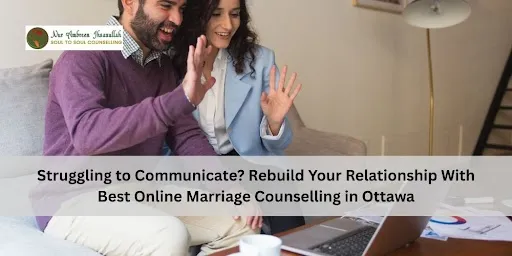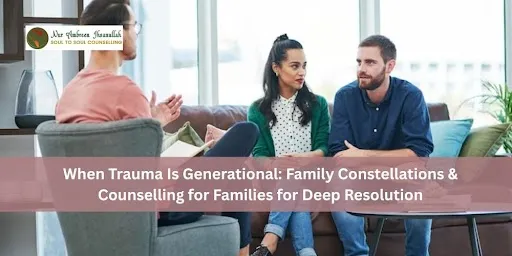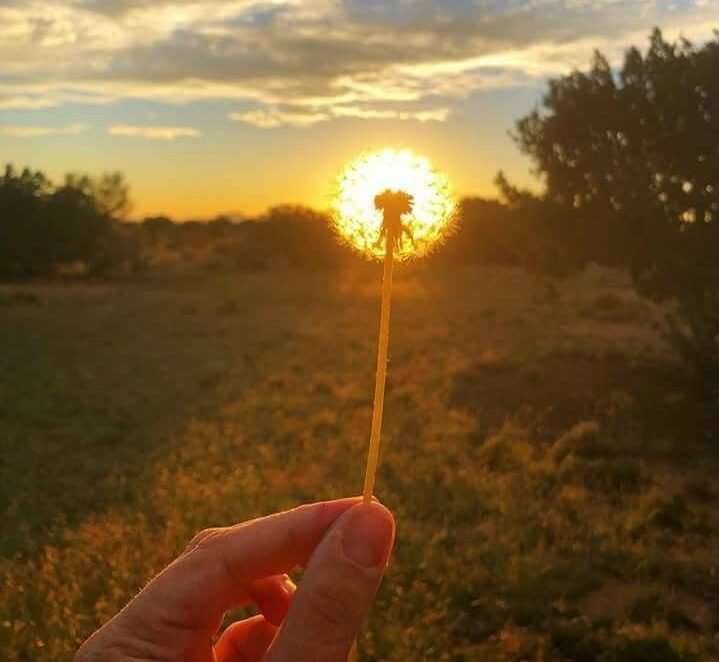Conscious Parenting Inspired by Khalil Gibran (1883–1931)
“And a woman who held a babe against her bosom said,
Speak to us of Children.
…Your children are not your children.
They are the sons and daughters of Life’s longing for itself.”
These lines, taken from Khalil Gibran’s The Prophet, offer a timeless reminder that our children come through us but do not belong to us. They arrive with their own destinies, yearnings, and spiritual callings. Gibran’s perspective resonates deeply for those seeking to practice conscious parenting—an approach that honors each child’s unique soul and fosters an environment free from inherited traumas or limiting beliefs.
Following on the heels of Truth and Reconciliation, Gibran’s profound poem invites deeper reflection on how we, as caregivers, parents, and elders, can reconcile with our own unresolved issues so that we do not burden the next generation. Instead, we should strive to protect and nourish the innocence, spiritual depth, and creativity that each child inherently possesses.
Khalil Gibran’s Vision: A Bridge Between Worlds
Khalil Gibran (1883–1931), originally from Lebanon, found lasting fame in both Arabic and English literary circles. He became a literary phenomenon in New York, representing a powerful bridge between Eastern mysticism and Western thought.
- Cultural Impact: Gibran’s writings serve as a unifying point for diverse audiences. His philosophy transcends national or religious barriers, offering wisdom that resonates with universal love and compassion.
- Timeless Relevance: Written nearly a century ago, The Prophet remains profoundly resonant, encouraging us to look beyond surface-level parenting norms toward deeper spiritual truths.
Link: Official Kahlil Gibran Website
(Learn more about Gibran’s life and writings from the Gibran National Committee.)
The Soul of the Child: A Divine Trust
Lorem ipsum dolor sit amet, consectetur adipiscing elit. Ut elit tellus, luctus nec ullamcorper mattis, pulvinar dapibus leo.
“You may give them your love but not your thoughts,
For they have their own thoughts.
Gibran’s exhortation is clear: Our children are not mere extensions of ourselves. They are individual souls sent to Earth with distinct purposes, talents, and challenges. Far too often, adult expectations, outdated traditions, or repressed emotions inadvertently dull a child’s inherent brilliance.
Children as Spiritual Beings
- Innate Wisdom: Children frequently demonstrate pure curiosity and compassion. Tuning into their emotional rhythms can help us access our own inner child and re-awaken a sense of wonder.
- Vital Mirrors: Children mirror our behaviors, attitudes, and energy. By observing a child’s spontaneous reactions, we can see our own beliefs and habits more clearly.
Healing Ourselves to Free Our Children
It’s impossible to practice conscious parenting without first addressing our own internal barriers. Many of these barriers stem from negative childhood experiences, cultural conditioning, or generational trauma.
apibus leo.
“We must be conscious and conscientious enough to prevent our limitations of thought, feeling, and behavior from burdening our children.
Unpacking Generational Trauma
- Awareness: Recognize patterns like harsh criticism or emotional neglect that may have been normalized in your upbringing.
- Accountability: Break the cycle by seeking soul therapy or spiritual counselling to transform old wounds into healing opportunities.
- Action Steps: Establish healthy boundaries and communicate openly with your children about mistakes or past regrets. Your vulnerability becomes a gateway to stronger, more authentic relationships.
Conscious Parenting: Principles and Practices
Embodying Gibran’s insights means not just reading inspiring verses but actively applying them to daily life. The following steps can help cultivate an environment where children feel genuinely loved and free to blossom:
Practice Deep Listening
- Emotional Check-ins: Ask open-ended questions that invite children to share fears, joys, or curiosities.
- Validate Feelings: Even if a child’s emotions seem trivial, affirm their experience. This validation builds trust and fosters emotional intelligence.
Encourage Authentic Expression
- Art & Play Therapy: Children communicate extensively through drawings, music, and imaginative play. Provide safe spaces for creative outlets without imposing adult expectations.
- Empower Decision-Making: When age-appropriate, invite children to make choices—about clothes, extracurricular activities, or weekend plans. This autonomy nurtures self-confidence.
Beyond Romanticized Views: Real-World Applications
Parenting advice often becomes overly romanticized, but real life is messy. Gibran’s lines invite us to transcend idealistic visions and face the hard work:
- Addressing Social and Cultural Pressures: Whether it’s academic performance or socially “acceptable” behavior, external pressures can overwhelm children. Conscious parenting involves shielding them from undue stress while still teaching responsibility.
- Acknowledging Intersectionality: Children also navigate intersections of race, culture, gender, and socioeconomic status. Being aware of these factors allows parents to offer more empathetic and individualized support.
- Advocating for Community Change: Extend your “conscious parenting” ideals to broader community spaces—schools, community centers, or faith gatherings. Advocate for policies or programs that honor each child’s unique potential.
Final Thoughts & Invitation
“For even as He loves the arrow that flies, so He also loves the bow that is stable.
Khalil Gibran’s poem reminds us that children are entrusted to us, not possessed by us. Our role is to be steadfast, open-hearted guides who shield them from harm and nurture their inherent gifts. By healing our own wounds, setting healthy boundaries, and creating an environment of spiritual and emotional openness, we can honor the Divine spark within every child.
If you’re seeking personalized support in applying conscious parenting principles, emotional healing

Soul to Soul Counselling
Nur Ambreen Ihsanullah
My mission and purpose are to help individuals and families heal, grow, and thrive by guiding them to release invisible wounds.








